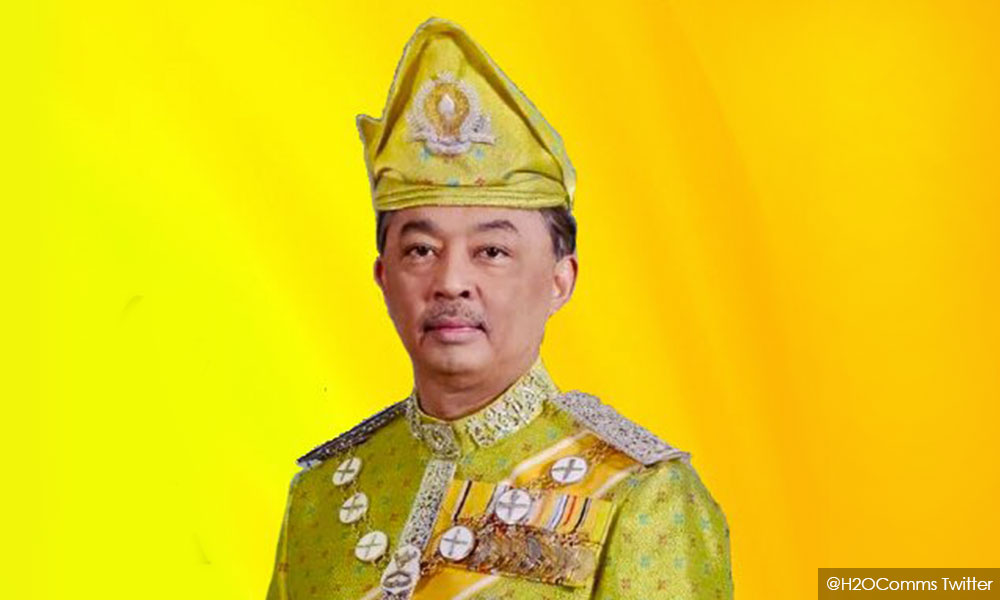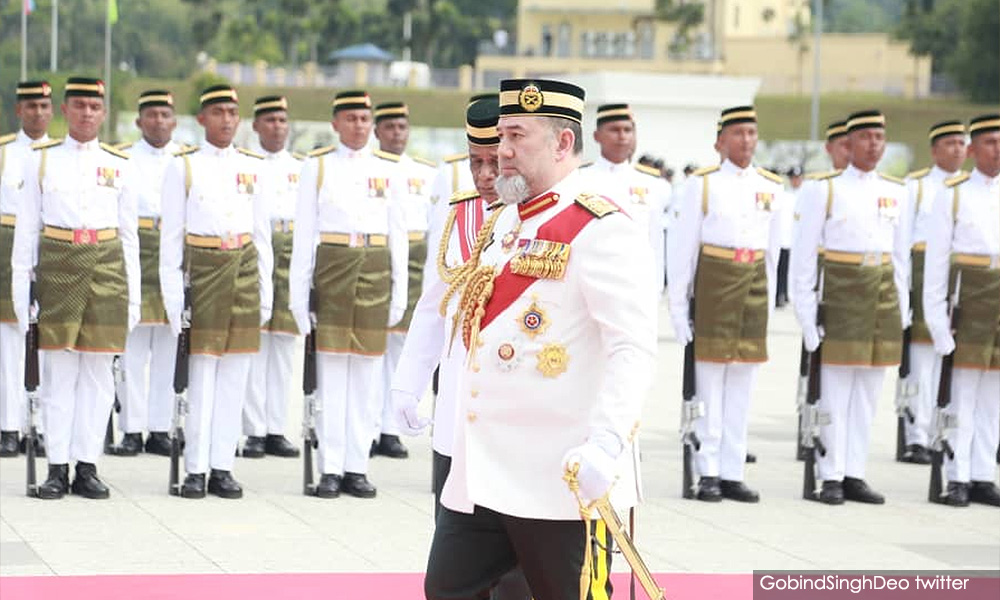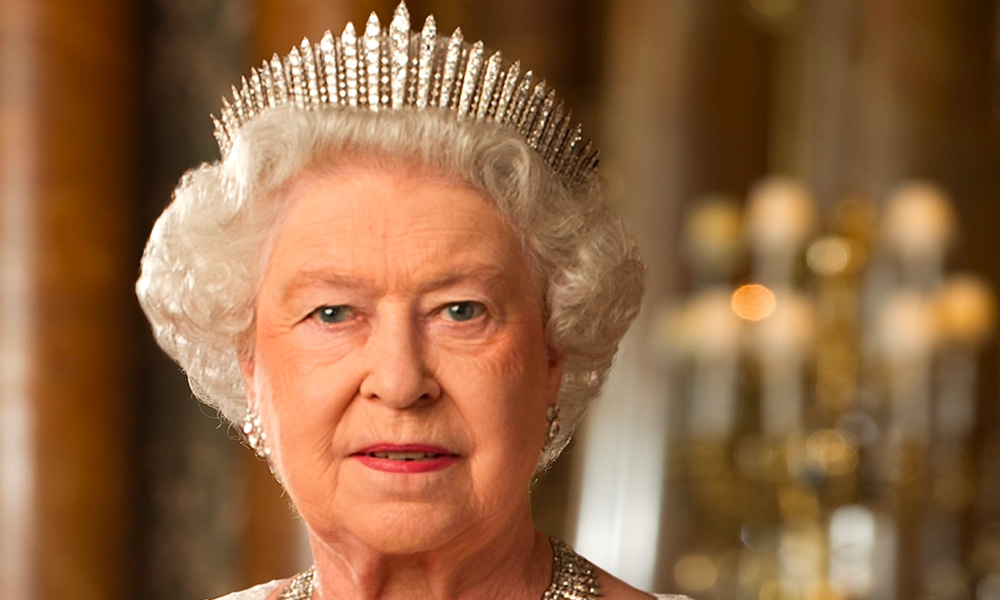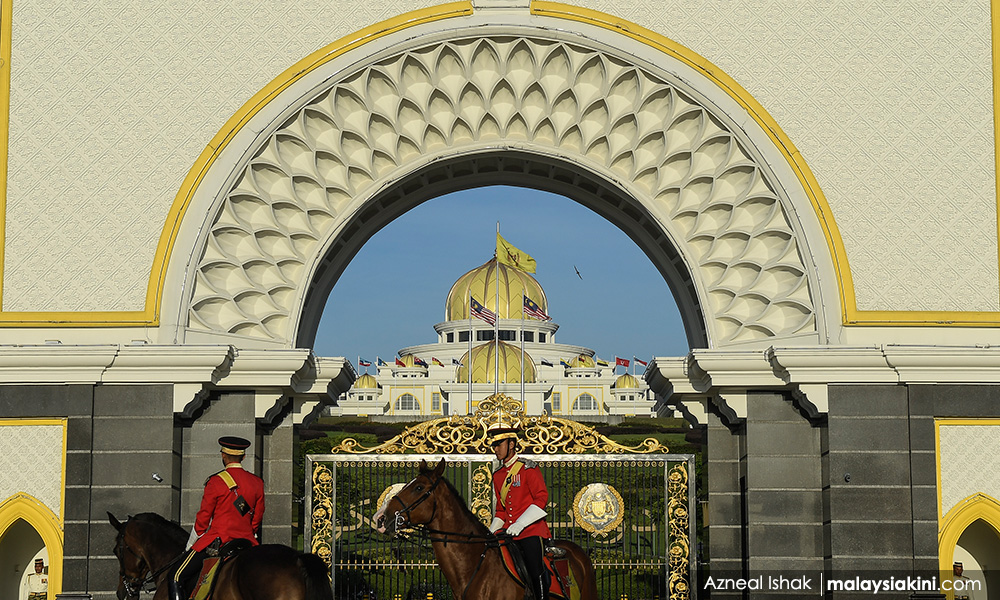
We have a new Yang Di-Pertuan Agong, Daulat Tuanku!
Each new Agong brings his own set of values and style to the monarchy. Hopefully, we will be maintaining the best traditions of our monarchy, and leaving any unsavoury elements behind.
In the wake of the last Agong’s resignation, there were a number of critical comments made that led to people being hauled up by the police for questioning it, employees being compelled to leave their jobs and so on.
These actions were taken purportedly to “defend the dignity” of the monarchy. Moving forward with a new monarch, this may be an opportune time to ask what is the best way to protect the dignity of the monarchy?
There are a number of possible answers to this question. No doubt, there are some who believe that the best way to do so is to via extreme punitive actions.
This school of thought believes that anyone caught saying anything negative at all should be hit with the full force of the law and be subject to punishments such as fines, prison and whipping.
In evaluating this approach, let us stop to think of places and times in history where this approach to instilling love and respect for rulers may have been considered successful.
I stopped for quite a while and was not able to come up with any such examples.
There are countless examples of using this tactic to successfully invoke fear, but none that I can think of where it has nurtured genuine love and respect towards a ruler.
The reason for this should be apparent to any parent, older sibling or teacher - you simply cannot frighten or intimidate someone into loving or genuinely respecting you.
For the purposes of today’s article, let us leave aside for now deeper questions of the relevance or legitimacy of a monarchy in today’s world.

Suffice to say here that it is no doubt an institution steeped in tradition and history, revered by a significant part of the population, and full of potential to play a meaningful role in governance and society.
Primacy of good deeds
I think the short answer to the original question of how we can best protect the dignity of the monarchy is through the actions of the monarchs themselves.
No matter what the rest of us do around the monarchs, including arresting and prosecuting those who say unpleasant things about them, the esteem in which they are held will always be proportional to the role they play in public life.
If they are seen to live upstanding, exemplary lives, and execute their official duties according to the highest standards of nobility, they will be loved and revered, regardless of what the government or the rest of us do.
In recent times, one of the most visible portrayals of a monarch in public imagination is that of Queen Elizabeth II, in the Netflix television series, The Crown.
Far be it for any of us to fawn over our former colonial masters for no reason (least of all a semi-fictionalised one), but perhaps the series can give us some ideas of how monarchs can come to be revered.
One underlying theme in The Crown is the idea of personal sacrifice in pursuit of public service. The queen is portrayed as someone who has to make various compromises and difficult personal decisions to protect the eponymous crown.
She is seen to repeatedly defer to tradition and convention, even when she would personally much rather not, and at considerable cost to her personal relationships.
At some points in The Crown, Queen Elizabeth contrasted with the behaviour and decisions of her uncle, who was crowned King Edward VII, only to abdicate his throne in less than a year, as a result for his love for a divorced socialite.
This abdication was treated as a considerable scandal. Driving not far from my home soon after the recent announcement of resignation here, I saw that abdications were treated somewhat differently in Malaysia, with an enormous poster of the former Agong having appeared overnight, with the words "Daulat Tuanku".

In any case, I obviously have no quarrel with the former Agong’s decisions, and consider the personal lives of public figures as something we should mostly not concern ourselves with.
We should also note that in recent times in the UK, no one is ever censured for “insulting” the Queen. There is a particular scene at the end of the movie Johnny English Reborn, where my favourite funnyman Mr Bean is portrayed to be banging the head of the queen with a silver tray.
I can’t imagine how many decades of prison doing something like that might earn someone in countries more like ours but one has to ask, has it affected Queen Elizabeth’s popularity in the least?
No to vitriol, yes to transparency
One could even argue that the more strictly you enforce a restriction against criticising a ruler, the less popular the monarch becomes - and surely this is not in the interests of a monarch or the monarchy.
I have written previously that the tone taken by critics of the monarchy such as A Kadir Jasin was excessive and a little vindictive.
I think there is little to be gained from launching vitriol filled with rough words at the royals at this juncture.
That said, police investigations (especially under the Sedition Act) and compelling people to leave their jobs seem somewhat excessive punishments.
For all of Kadir’s harsh criticisms, he is no less than an advisor to the prime minister; if he can still hold such an important position, perhaps we should consider whether the action taken on other critics by their employers is appropriate.
Speaking of Kadir, while I disagree with his tone, his underlying point that monarchs are funded from the public purse was far from irrelevant.

As such, some degree of transparency regarding how this money is spent would, of course, be a good thing.
Opacity, on the other hand, can give rise to all sorts of unsavoury rumours - which is no good for anyone.
At the end of the day, the monarchs have a great deal of agency over how they are perceived by the public.
If they abide by the highest code of conduct and standards of integrity, while continuing to show compassion for ordinary Malaysians, their popularity is all but guaranteed.
NATHANIEL TAN, who works at Emir Research, a think tank focused on data-driven policy research, was concerned to read about the rise of pro-monarchy vigilantism. The episode of The Crown that deals with precisely that is called 'Marionettes'. - Mkini



No comments:
Post a Comment
Note: Only a member of this blog may post a comment.